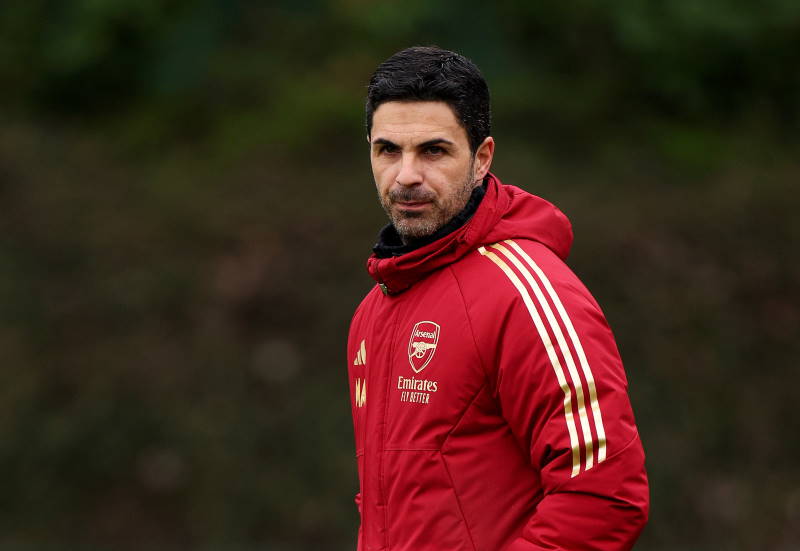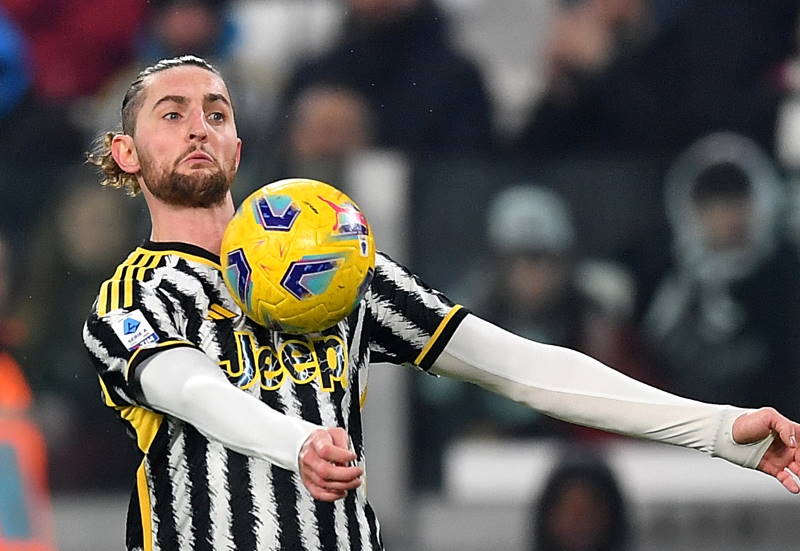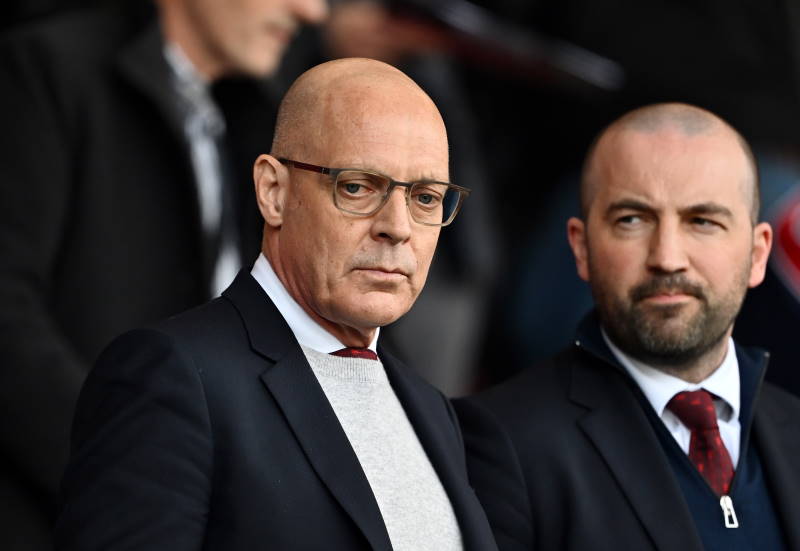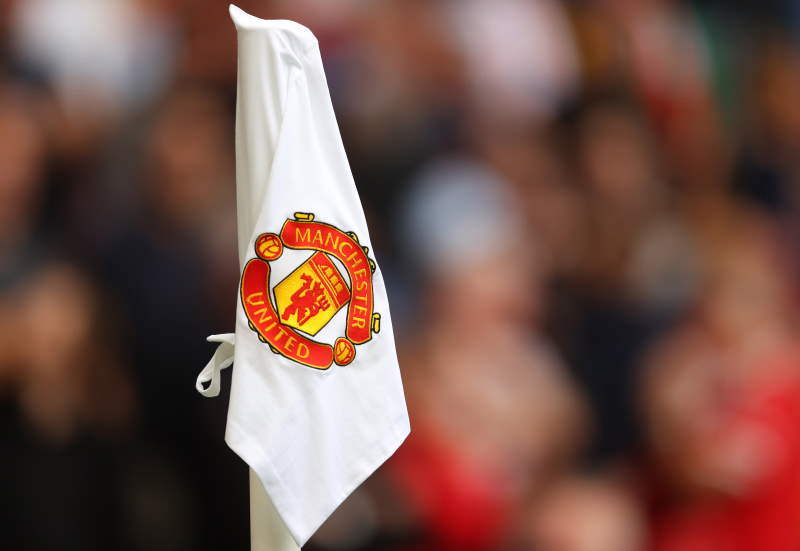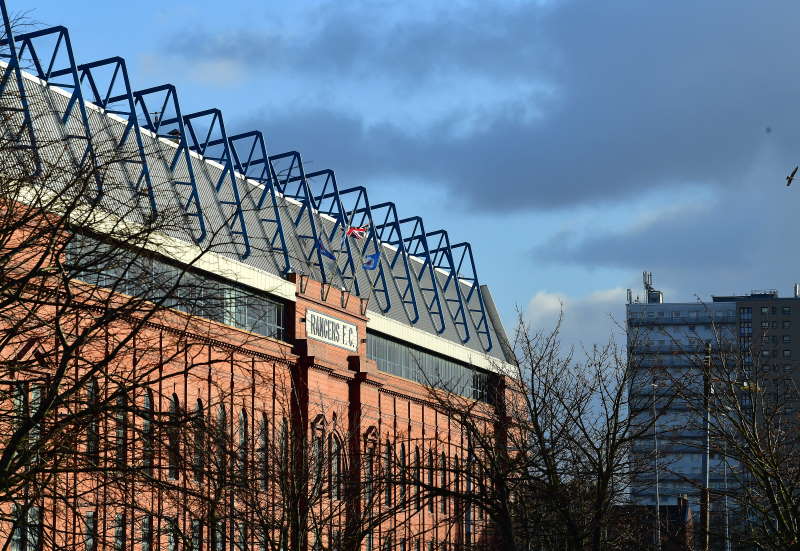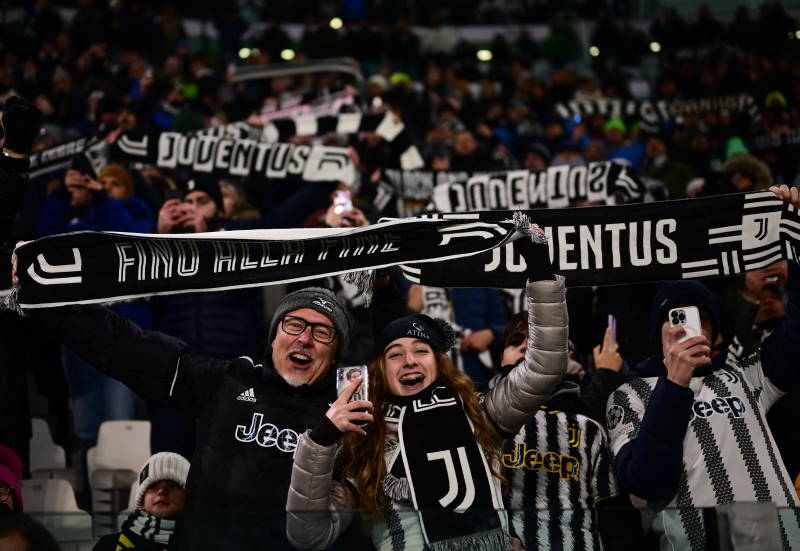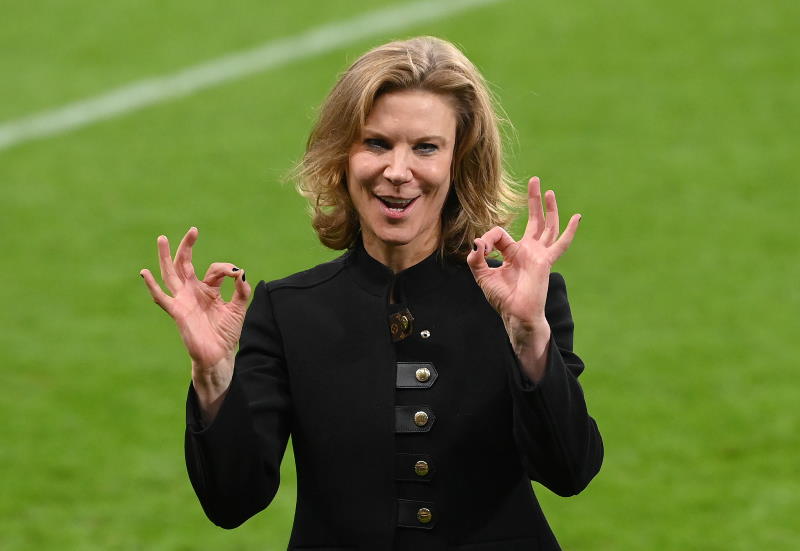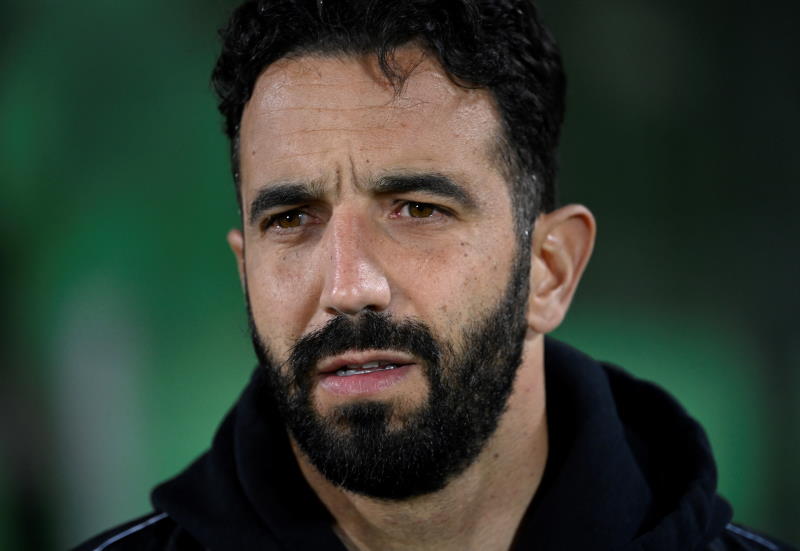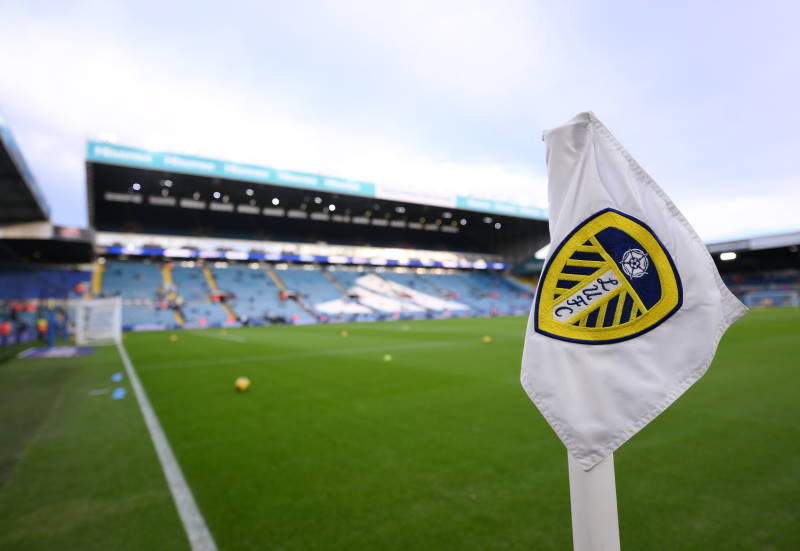
Anzhi Makhachkala seem incapable of keeping themselves out of the headlines – barely six weeks after signing Samuel Eto’o, the Dagestani club are apparently lining up Guus Hiddink or Fabio Capello as their new manager. Gadzhi Gadzhiyev was unceremoniously kicked out of the hot-seat on Wednesday, a week after the team was knocked out of the Russian Cup by Dynamo Moscow and two days after Anzhi were jeered after a 2-2 draw with Terek Grozny. Where did it all go wrong, and where next for Russia’s big spenders?
Hoist by their Own Petard
By most standards, this has been a great season for Anzhi. A side which usually flirts with relegation is comfortably in mid-table, and within striking distance of the European places. However, eighth place is hardly a great return for all the money lavished on the likes of Eto’o, Roberto Carlos, Yuri Zhirkov and others. A Europa League spot is the minimum requirement for that outlay; some silverware would be little more than expected.
Meanwhile Gadzhiyev, for all his canny expertise in making silk purses from sows’ ears, seems to have found juggling an all-star squad rather more difficult than scrapping in the bargain basement. Since Eto’o arrived, Anzhi managed just one win – against struggling Volga Nizhny Novgorod. That saw them tumble from European contenders to mid-table scrappers. Worse still for Gadzhiyev, the high-profile signings meant an influx of new fans. Each extra ticket sold represented another person literally buying into the dream of a top-class football team in Makhachkala – and that dream does not include patiently waiting for the team to gel while stuttering to draws in Rostov or defeats in Krasnodar.
However, while previous years would have seen Russia’s clubs on the home straight by now, the upcoming switch to an "autumn-spring" programme means that rather than completing the season at the end of October, this campaign will continue into 2012. The top eight will play each other home and away from early March to determine the champions and the European places; the bottom eight, similarly, will scrap it out to escape relegation. Keeping above the eighth-place line gives Anzhi – and others – a real chance of European progress.
The sudden groundswell of fan anger – largely, it seems, from people who had only recently starting following the team – clearly struck a chord with billionaire backer Suleiman Kerimov. The trigger finger was duly flexed and Gadzhiyev, a local man in his third spell as Anzhi coach, found himself on the dole.
Yet it says little for the club and the directors that they were unable or unwilling to give their coach time to deliver. After the mess generated by Terek, who made a ‘glamour’ coaching appointment in Ruud Gullit only to see that end in tears and tantrums, it seemed that Kerimov and colleagues were ready to play a longer, more durable game by developing a squad under the guidance of a man who knows Russian football inside out. Apparently this is not the case – and it seems unlikely that Gadzhiyev’s eventual replacement will fit that description either.
What Next?
In the interim Roberto Carlos is set to take on a player-manager role, and he has been coy about his prospects of getting the job full time. "Never say never", the Brazilian said. "But if you look at it objectively, I don’t have much coaching experience to take charge of a club as big as Anzhi."
Carlos also spoke warmly of Gadzhiyev, saying his name could be added to the great coaches the World Cup winner had worked with and denying suggestions that he had led a dressing room revolt against the veteran boss.
Meanwhile, the Russian media believe that Guus Hiddink, currently winning few friends and relatively few matches as coach of Turkey, might be coaxed into a return to Russia. Hiddink’s contract with the Turks is set to run until the end of Euro 2012, but the team is far behind Germany in Group A and could be pipped to a playoff spot by Belgium.
Failure to qualify would almost certainly free the Dutchman to take up the post in the autumn, too late for Russia’s regular season but in good time to lead Anzhi into that transitional spring time sequence of games. Hiddink’s agent, Kees van Niuvenheusen, admitted that the coach was well-acquainted with Kerimov: in Russian sport, the oligarchs are rarely far from the top positions and it was fellow billionaire fan Roman Abramovich who brokered (and reportedly bankrolled) the Dutchman’s stint in charge of the national team.
However, the Hiddink of 2010 was hardly the heroic Hiddink of 2008. Following the failure to qualify for the South Africa World Cup, the man once dubbed ‘Guus Ivanovich’ was under fire for his lack of spoken Russian and his apparent apathy towards the domestic league. Two years away is unlikely to have given him any greater insight into the day-to-day cut and thrust of the Russian Premier League and it is many years since he has tackled a club position anywhere in the world.
Compared with the suggestion that a post-England Fabio Capello might be the man, however, Hiddink seems like an ideal candidate. The Italian’s tenure with the Three Lions has hardly been a triumph, and his stand-offish demeanour is unlikely to endear him to the local fans. Moreover, appointing him – or any other big name – risks further ratcheting up expectations and leaving any incoming boss with an almost impossible task. Kerimov is playing a high-risk game with his new plaything.

